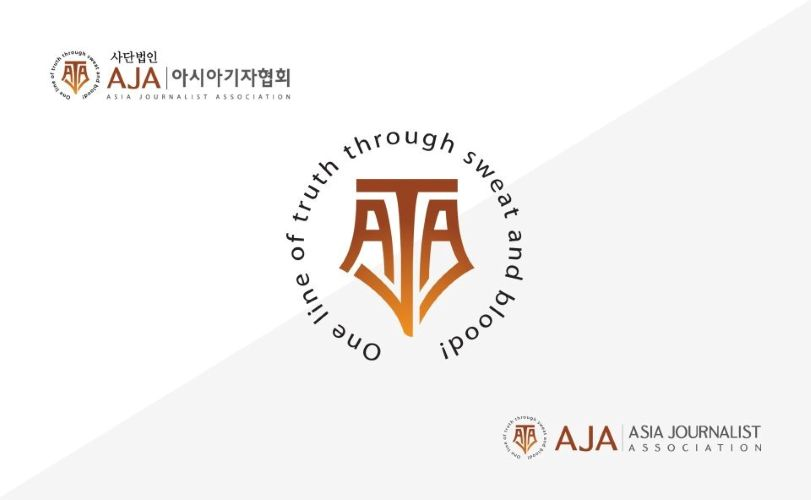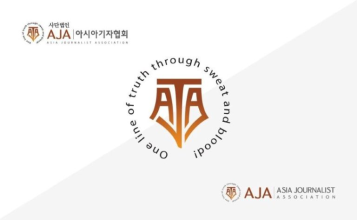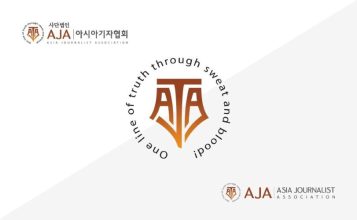AJA Newsbites – July 9, 2025

AJA Newsbites is a curated roundup of major news and developments from across Asia, brought to you by members of Asia Journalist Association (AJA)
Lee Sang-ki, THE AsiaN, Korea
On July 8, Seoul experienced dramatic weather swings, with scorching daytime heat giving way to torrential evening rains. Temperatures soared to 37.8°C in the capital—the highest ever recorded in early July since 1908. Nearby cities like Paju and Gwangmyeong even surpassed 40°C.
This intense heatwave was fueled by dry easterly winds and overlapping high-pressure systems. However, by 6:30 p.m., sudden downpours swept across southwestern Seoul, prompting heavy rain warnings. Yeouido and Yangcheon districts recorded over 60 mm of rainfall per hour, officially classified as “extreme rainfall.”
Authorities caution that the dangerous combination of searing heat and flash storms could continue through the weekend.
Norila Daud, Malaysia World News, Malaysia
Malaysian Foreign Minister Datuk Seri Mohamad Hasan emphasized that ASEAN member states are seeking to strengthen the Southeast Asia Nuclear Weapon-Free Zone (SEANWFZ) Treaty by encouraging nuclear-armed countries to become signatories.
Speaking to the media after chairing the SEANWFZ Commission meeting at the Kuala Lumpur Convention Centre (KLCC), Mohamad revealed that the People’s Republic of China has expressed its intention to sign the treaty, and several other nuclear-armed states have also reached out to Malaysia to resume discussions that had previously been put on hold.
He added that other countries have also expressed interest in becoming parties to the treaty, reinforcing ASEAN’s commitment to maintaining a region entirely free from nuclear threats.
“This development shows ASEAN member states that the SEANWFZ Commission is actively engaging with nuclear powers to ensure the region remains fully free from any form of nuclear threat,” Mohamad said.
Among the world’s nuclear-armed states are Russia, the United States, China, France, the United Kingdom, India, Pakistan, Israel, North Korea, Turkey, Germany, the Netherlands, Belgium, and Belarus.
The SEANWFZ Commission meeting was held in conjunction with the 58th ASEAN Foreign Ministers’ Meeting and related gatherings. Attendees included high-level foreign affairs officials from all ASEAN member states and Timor-Leste.
Chhay Sophal, Cambodia News Online, Cambodia
During a meeting held yesterday afternoon at the Peace Palace between Cambodian Prime Minister Hun Manet and India’s Vice Minister of External Affairs, Pabitra Margherita, both sides reaffirmed the strong and growing bilateral relations between the two countries and expressed their commitment to further cooperation across multiple sectors.
According to a press release issued on Tuesday, the two leaders emphasized the vast potential for collaboration and agreed to continue advancing ties in key areas including economy, trade, investment, finance, security and defense, culture, education, health, tourism, aviation connectivity, and the textile industry.
Vice Minister Margherita praised the enduring friendship and growing partnership between Cambodia and India, and expressed India’s strong commitment to further strengthening and expanding bilateral cooperation for mutual prosperity and development.
Nasir Aijaz, Sindh Courier, Pakistan
In response to recent attacks by Afghanistan-based militants, Pakistan has called on the United Nations to take action to prevent the war-torn country from turning into a hub for terrorism. Pakistan also labeled the Tehreek-e-Taliban Pakistan (TTP) as a threat to both regional and global security.
“We must ensure that Afghanistan does not become a breeding ground for terrorists who threaten not only its neighbors, but the entire region and beyond,” said Pakistan’s Permanent Representative to the UN, Asim Iftikhar Ahmad, during a UN General Assembly plenary session on the situation in Afghanistan.
Just last week, Pakistani security forces killed at least 30 militants attempting to infiltrate across the Pakistan-Afghanistan border in North Waziristan, Khyber Pakhtunkhwa. Since the Taliban returned to power in Afghanistan in 2021, Pakistan has experienced a rise in cross-border terrorist activity, particularly in the provinces of Khyber Pakhtunkhwa and Balochistan. In May 2025, the country also saw a modest uptick in militant attacks.
Bishnu Gautam, The Rising Nepal, Nepal
A sudden flash flood early Tuesday morning caused widespread destruction in northern Nepal, leaving at least 20 people dead and dozens missing. The flood swept through Rasuwagadhi, near the Nepal-China border, washing away vehicles, destroying infrastructure, and severely damaging a dry port facility.
Officials reported that 64 vehicles—including 23 cargo containers, 6 freight trucks, and 35 brand-new electric vehicles—were swept away by the surging waters. Among the missing are 3 police officers and 6 Chinese nationals. The flood also demolished a key bridge connecting Nepal and China and destroyed at least four power plants along the Trishuli River.
The cause of the flood remains unclear, as there was no recorded rainfall in the area on Monday. The Lhendey River, where the flood originated, flows from the Tibet Autonomous Region of China. Nepali Army units rescued 55 people trapped by the floodwaters. Later in the day, as water levels receded, body parts of the missing were found along the riverbanks.
Prime Minister KP Sharma Oli, accompanied by ministers and officials, visited the disaster site to assess the damage and oversee relief efforts.
Pooneh Nedai, Shokaran magazine, Iran
In a newly released interview with American television host Tucker Carlson, Iranian President Masoud Pezeshkian claimed that Israel attempted to assassinate him during a meeting but failed.
When asked directly by Carlson whether the Israeli government had tried to kill him, Pezeshkian confirmed the attempt, describing it as “serious but ultimately unsuccessful.” He clarified that the operation was carried out by Israeli forces based on intelligence gathered by spies, and involved an attempted bombing of the meeting location.
Pezeshkian stressed that the United States was not involved, and placed full responsibility on Israel. He also noted that Supreme Leader Ayatollah Ali Khamenei sees no obstacles to U.S. investment in Iran, signaling a potential opening for diplomatic or economic engagement. Reflecting on the failed assassination, Pezeshkian remarked, “When God wills, nothing happens,” attributing his survival to divine protection.
ⓒ THE AsiaN | All rights reserved
This content is copyrighted by THE AsiaN. If you wish to share it, please do so without modifying the original text and always include the source link. Unauthorized editing or sharing without proper attribution may result in legal consequences.


